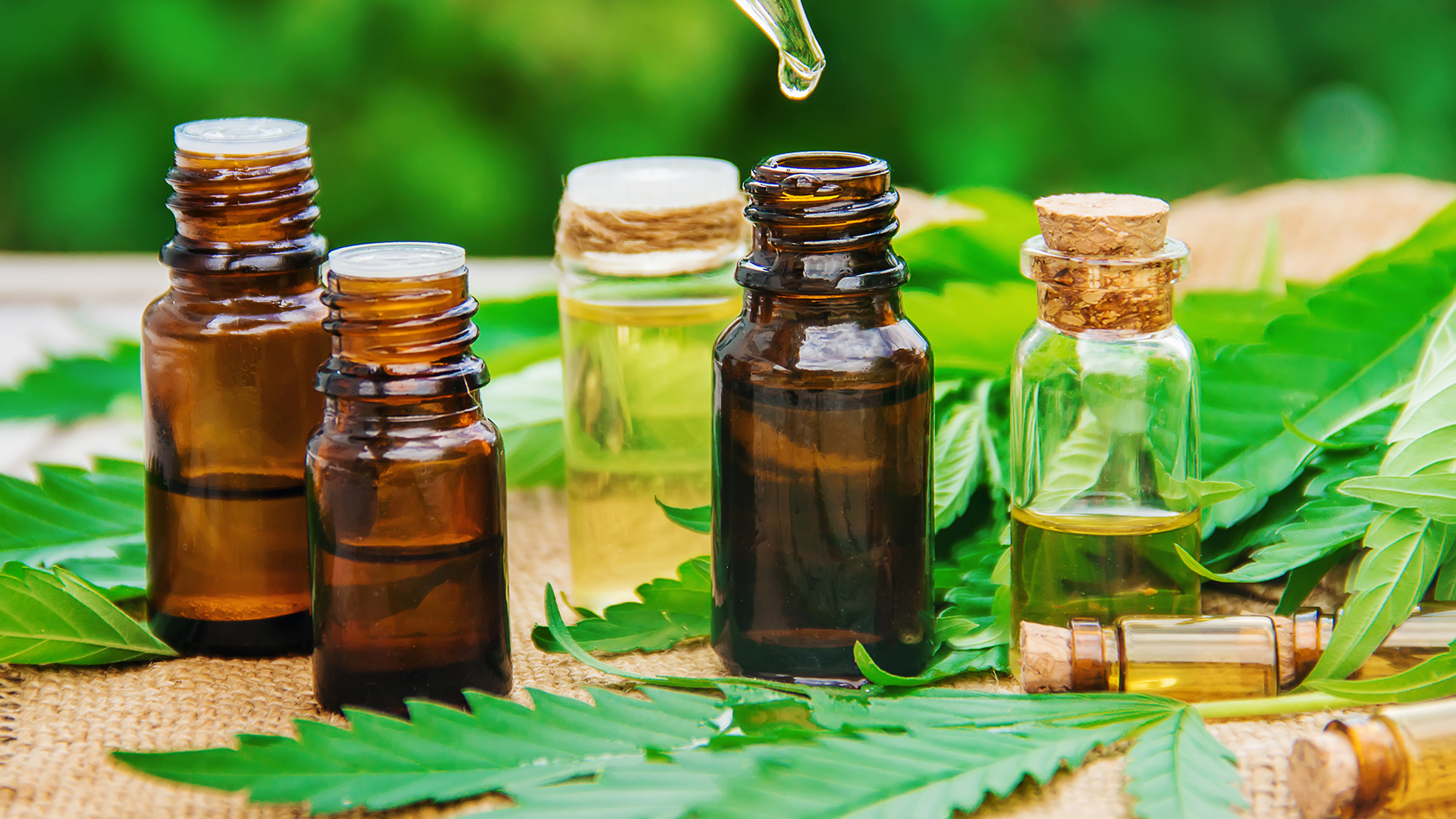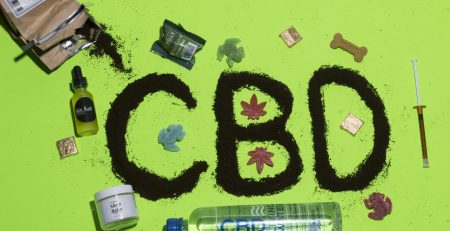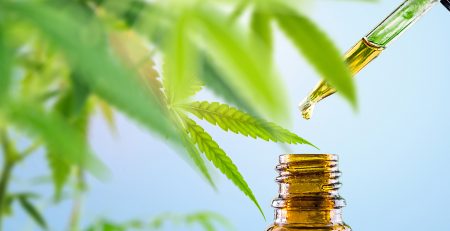Is CBD Addictive?
Knowing the Basics
Is CBD addictive? Well before you start asking too many questions, it is always best to start off with some basic CBD knowledge. When creating CBD, professionals will first need to withdraw the CBD compound from the cannabidiol stalks and seeds of cannabis, hemp, or kriya (a member of the hops family). Unlike THC, CBD is entirely non-psychoactive. Which means CBD cannot get you “high”. It is possible to find small traces of THC within CBD when separated. However, nothing over the legal limit of .3% is allowed within CBD products.
The Science Behind It All!
CBD derived from hemp plants contains little to no THC (less than 0.3% according to federal law in the U.S.), and therefore should not put an individual at risk of developing cannabis withdrawal symptoms that might come from heavier THC intake.
Marijuana-derived CBD is extracted from marijuana plants that are usually grown for their intoxicating properties. Unlike hemp-extracted CBD, marijuana-derived CBD oil often contains levels of THC that exceed the federal 0.3% limit. In the event the CBD oil has particularly high levels of THC, an individual could possibly experience cannabis withdrawal symptoms if the oil were used to excess. CBD oil with THC levels above 0.3% is only available in states with medical or adult-use cannabis legalization.

So, Is it Addictive?
Though rare, the THC in marijuana can lead to addiction in some people, but because it has no intoxicating effects, CBD oil is not addictive. CBD does not activate the dopamine center of the marijuana plant and is therefore non-addictive.
Researchers found that high doses of CBD of up to 1,500 milligrams per day were well-tolerated by the human subjects. Compared with THC, CBD did not impair motor or psychological functions, nor did it alter the heart rate, blood pressure, or body temperature.
Since THC can be addictive and numerous CBD products contain varying levels of THC, the question of whether CBD oil is addictive can depend on where the CBD comes from.
CBD has proven to be an inverse agonist. In other words, THC activates these receptors, but CBD does not. It does interact through several other biological pathways and has been reported to provide benefits that are therapeutic, such as anti-inflammation, chronic pains, and mental health situations.
Are There Any Withdraws From CBD?
Cannabidiol is still going through an extensive preliminary research phase, but the information on side effects is quite promising. According to experts in the field, it looks as if CBD is entirely safe to use. Patients are given extremely high doses during clinical trials but still tend to respond well to CBD therapy. It is also a popular alternative for drug-resistant epilepsy in children.
Under normal conditions, CBD is safe to use even for the most sensitive segments of society. That said, it is always best to discuss CBD use with a qualified medical professional. That is particularly important if you are already taking prescription medications, are a parent exploring CBD for children, or you have other concerns. Make an appointment to cover all your bases.
You should not stop taking any medications you are already using without talking to your doctor first. Using CBD oil may help your anxiety, but you could also experience withdrawal symptoms if you suddenly stop taking your prescription medications.
Symptoms of withdrawal include:
- irritability
- dizziness
- nausea
- fogginess
How Much CBD Should I Take? Is There A Limit?
There are not many studies on toxic levels of CBD. That would be hard to justify from an ethics standpoint. However, according to a 2011 study, published in Current Drug Safety, the “toxic” dose of CBD falls somewhere around 20,000 mg of CBD, taken almost all at once.
To understand this, it is important to note that the suggested starting dose for most conditions is somewhere around 5-20 mg per day. While studies have been done on dosages around 1500 mg per day, most tinctures contain between 100 and 1500 mg in an entire bottle.
That means that someone would need to ingest between 13 and 200 entire bottles of CBD tincture all at once, depending upon the concentration of CBD within the bottles. That is a hard stretch to consider.
Simply put when taken at recommended doses, or, even above recommended daily doses, the average CBD user does not need to worry about taking too much.
Like THC, when CBD interacts with the endocannabinoid system, it binds to CB1 receptors, which are primarily found in the central nervous system where they regulate brain function, and CB2 receptors located on immune cells throughout the body. But when this interaction takes place, at the molecular level, CBD does the opposite of what THC does.
Can CBD Help With Other Forms Of Addiction?
While there is no research that shows that CBD oil is effective in the treatment of addiction, its ability to help people living with an active addiction successfully manage other issues that may contribute to their use of drugs and alcohol may yet be shown.
There is not really a cure for addiction. Even though CBD oil is nicknamed the “miracle drug” it does not cure an addiction disorder either. However, there is some evidence to show that the use of CBD oil might have some positive impacts on the experience of people struggling with anxiety, depression, epilepsy, or PTSD. All these disorders can increase the risk of the development of a substance use disorder because symptoms can be debilitating, and many turn to drugs or alcohol to self-medicate them without the aid of a doctor.
Studies are in the works to further nail down what and how CBD oil may serve patients struggling with a range of medical or mental health disorders. However, we are limited in what we know.
- Pediatric epilepsy
- Anxiety and depressive disorders:
- Chronic pain and inflammation
- Skin conditions
We Want You Help Your Pain
Verde CBD Has 100% all high-quality CBD to help you become stress-free and relaxed. We carry everything from CBD gummies to CBD Tinctures and lotions. Contact us now by clicking here or give us a call at (407) 393-5757 and start feeling better now.




